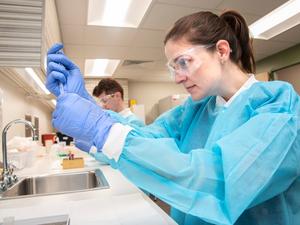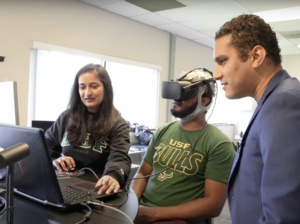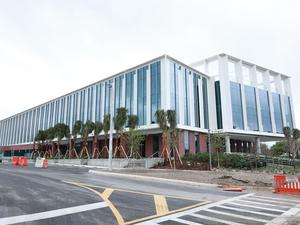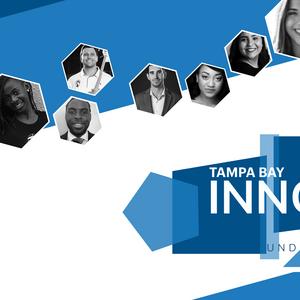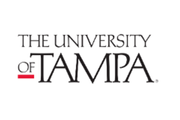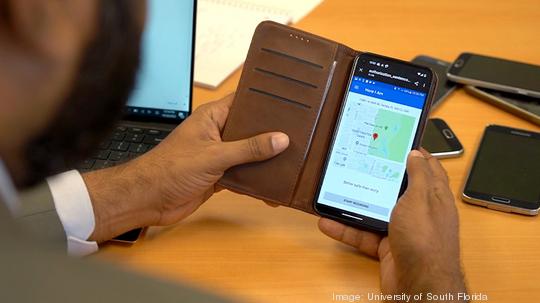
The University of South Florida is working on securing a patent for technology to better help users confirm their location and identity, all through the sound of their voice.
The tech, dubbed “Here I am,” began as a brainchild of USF professors Sriram Chellappan and Balaji Padmanabhan in 2018. It started as a way to prove someone was at a specific location with a time stamp and date, which could ultimately help them if they were wrongly accused of a crime.
The technology then creates an encrypted digital certificate on a user’s cellular device.
“The demand to certifiably authenticate a person or an asset at a particular location at any point in time has immense value that is yet to see the dawn of day,” Chellappan said in a statement. “Our technology enables just that and could be a game changer to the immense diversity of practical applications.”
USF’s 2021 economic impact report shows that the school has more than 2,400 U.S. patents held by faculty, staff and students. It secured 92 patents in the 2021 school year, putting the school at 11th in the nation for American public universities.
The beta version of the latest technology has three categories of use: solo, which an individual can use to authenticate themself; parent-child, or more aptly used for employers and employees, in which the employee can authenticate themself; and ambient, where the user authenticates themselves every few minutes.
The technology can be used across sectors, including employee accountability, helping in domestic violence cases, helping authenticate money transfers and rideshares and confirming students’ identities during test taking.
“Most location authentication technologies today mainly authenticate a device, such as a phone, but not the user; nothing like this exists,” Padmanabhan said in a statement. “If companies with reliable location identification can offer this as a service, then individual users can easily generate their own authentication as needed and companies ... integrate the technology directly into their apps for their employees as an extra layer of protection.”
This is the latest of several projects USF has continuously worked on. It opened its innovation center in March and has since gone on to projects like diagnosing cancer through a patient’s voice and creating blood tests to detect Alzheimer’s.
